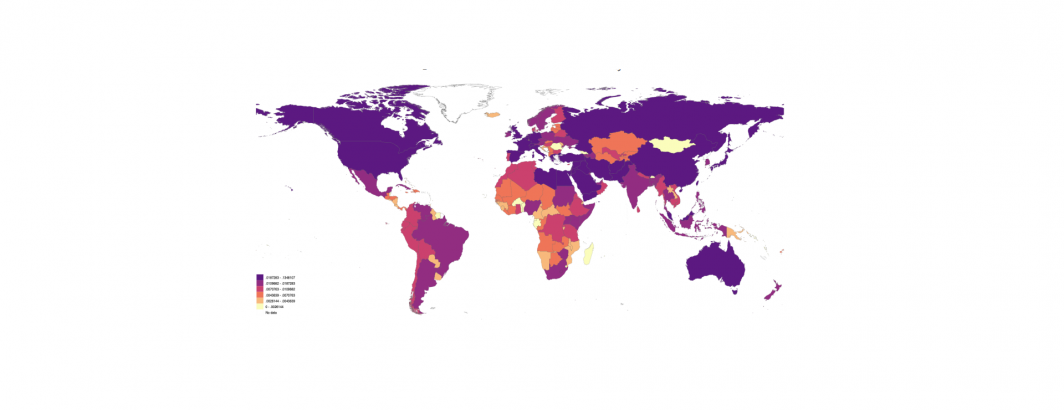
"New research by Dr Ashani Amarasinghe, from the University of Sydney School of Economics, sheds light on how governments use periods of economic strength not just to uplift their citizens, but to amplify their voice—and sometimes aggression—on the international stage. In a new working paper co-authored with Dr Kathryn Baragwanath (University of Melbourne), Dr Amarasinghe introduces a novel way to measure interactions between governments across the globe. By analysing nearly two decades of high-frequency international event data, the researchers reveal a striking pattern: as domestic economic conditions improve, governments are more likely to engage in verbally aggressive behaviour toward other countries."
This paper examines how domestic economic conditions shape international status-seeking behavior. We develop a novel measure of inter-government interactions using high-frequency event data across 18,330 country dyads from 2001-2019. To establish causality, we exploit plausibly exogenous variation in countries’ natural resource wealth driven by global commodity price shocks. We find that positive resource shocks significantly increase countries’ aggressive behavior in international relations, primarily through verbal rather than material confrontation. This effect operates strategically: aggression is targeted at peripheral nations while avoiding major trading partners, suggesting a deliberate approach to status enhancement that preserves economic relationships. The mechanism works through domestic political channels, with resource windfalls reducing public discontent and providing governments with political capital to pursue more assertive foreign policy. Consistent with theories of status-seeking behavior as a tool for enhancing international standing, the effects are concentrated in middle and low-income countries and in political systems with electoral accountability. Our findings highlight how domestic economic conditions influence international relations through the strategic pursuit of status, with implications for understanding the economic roots of geopolitical behavior.